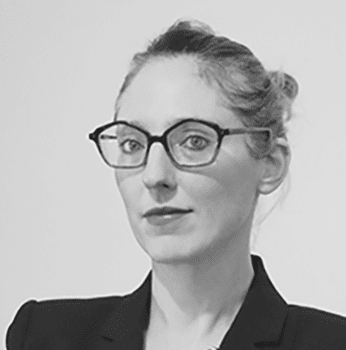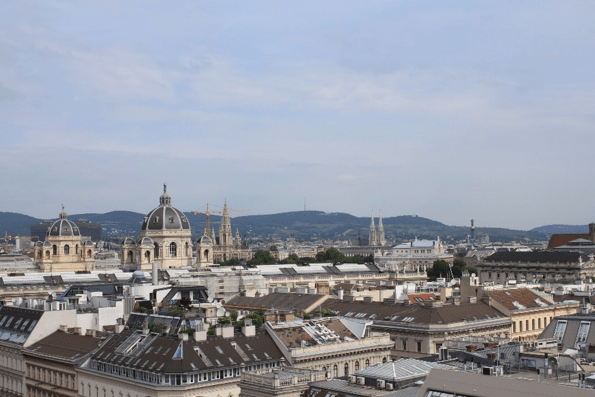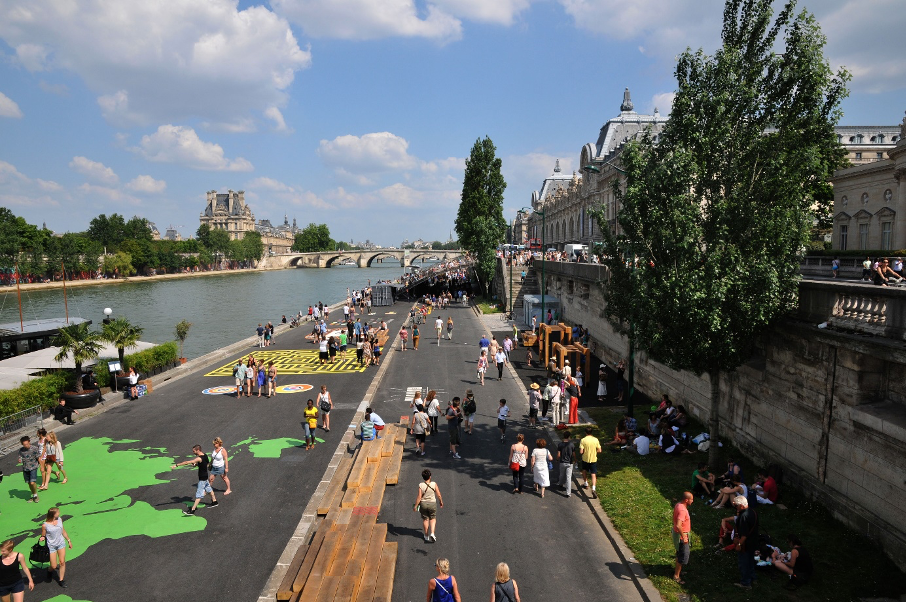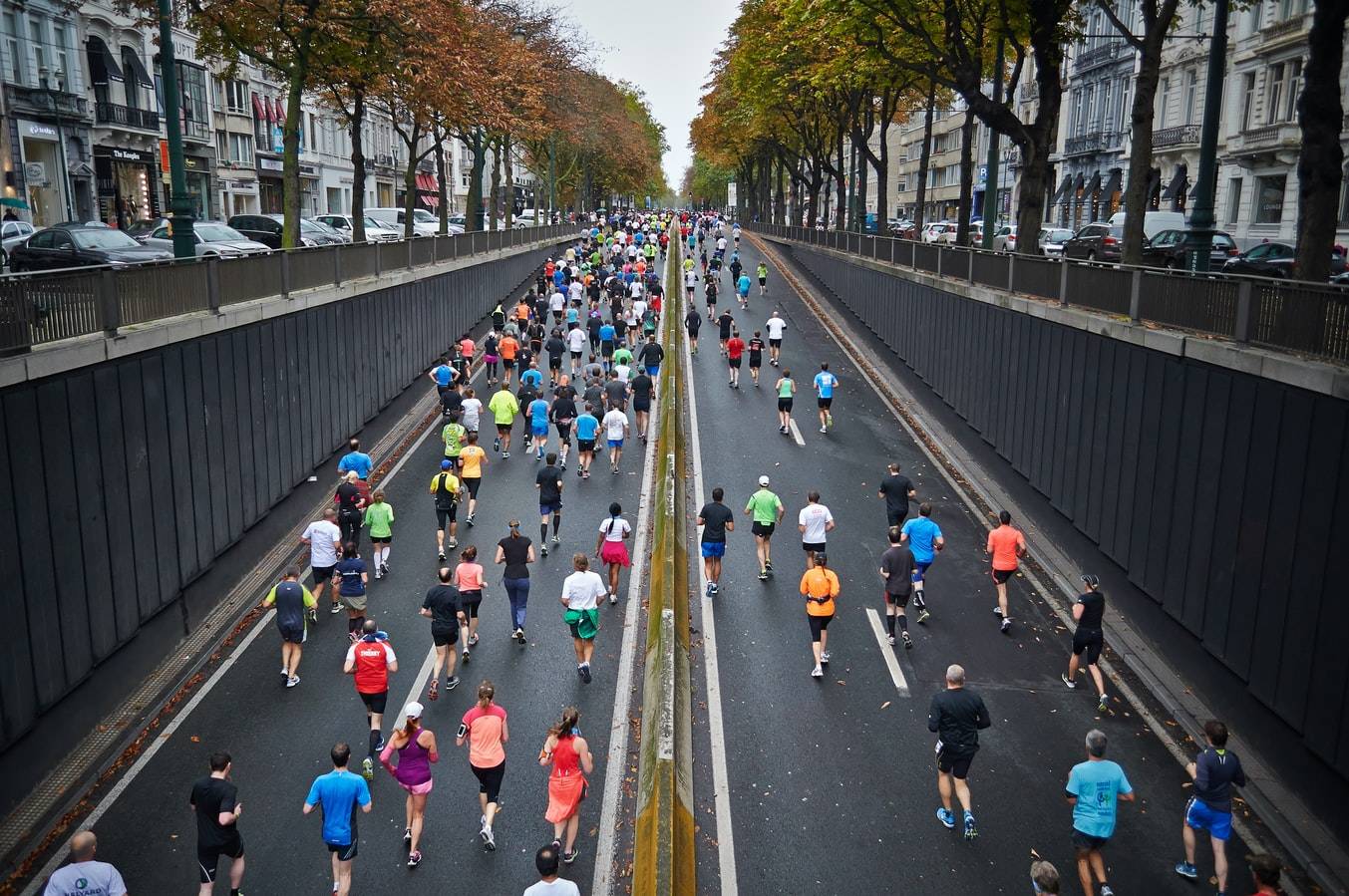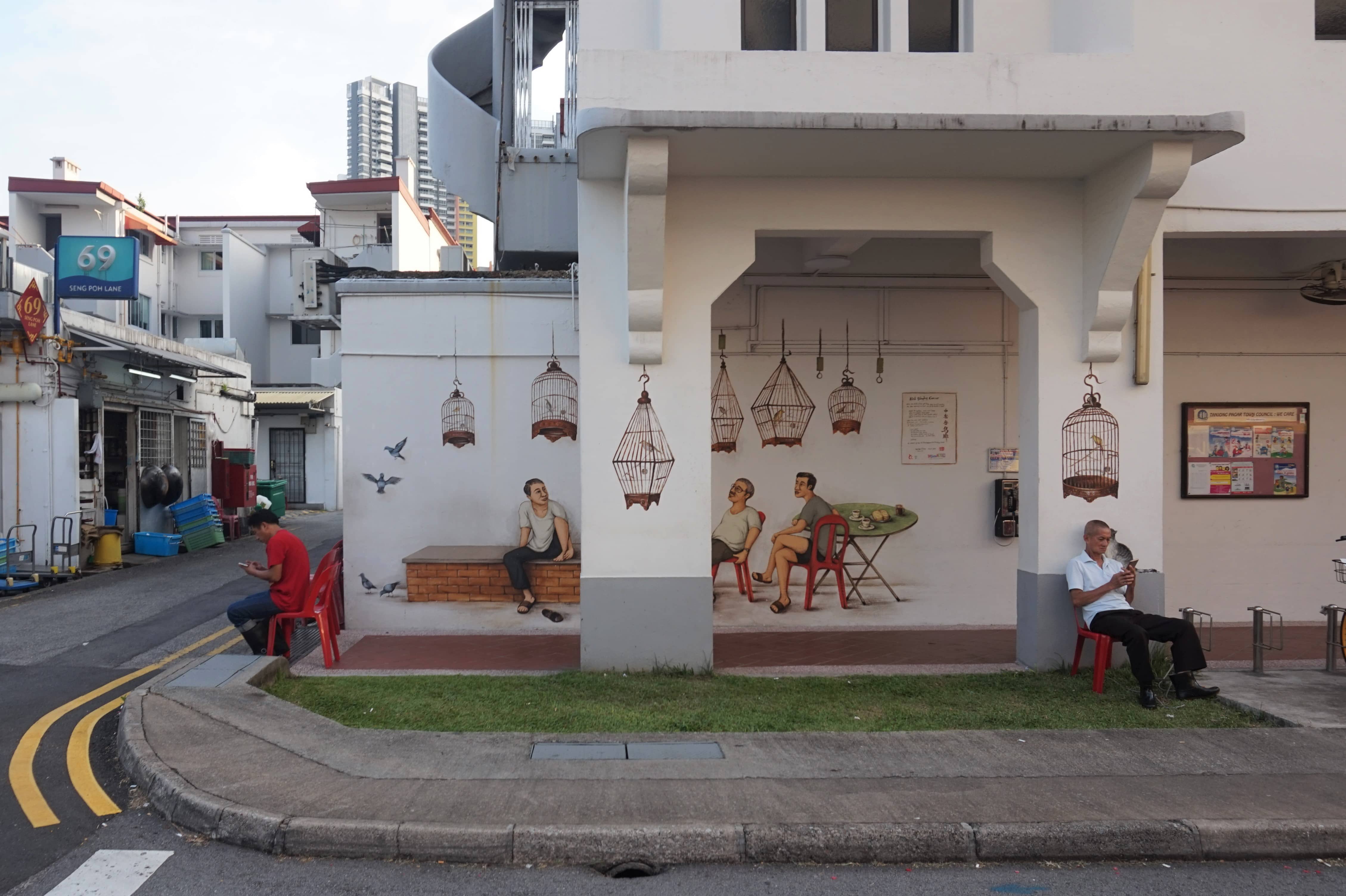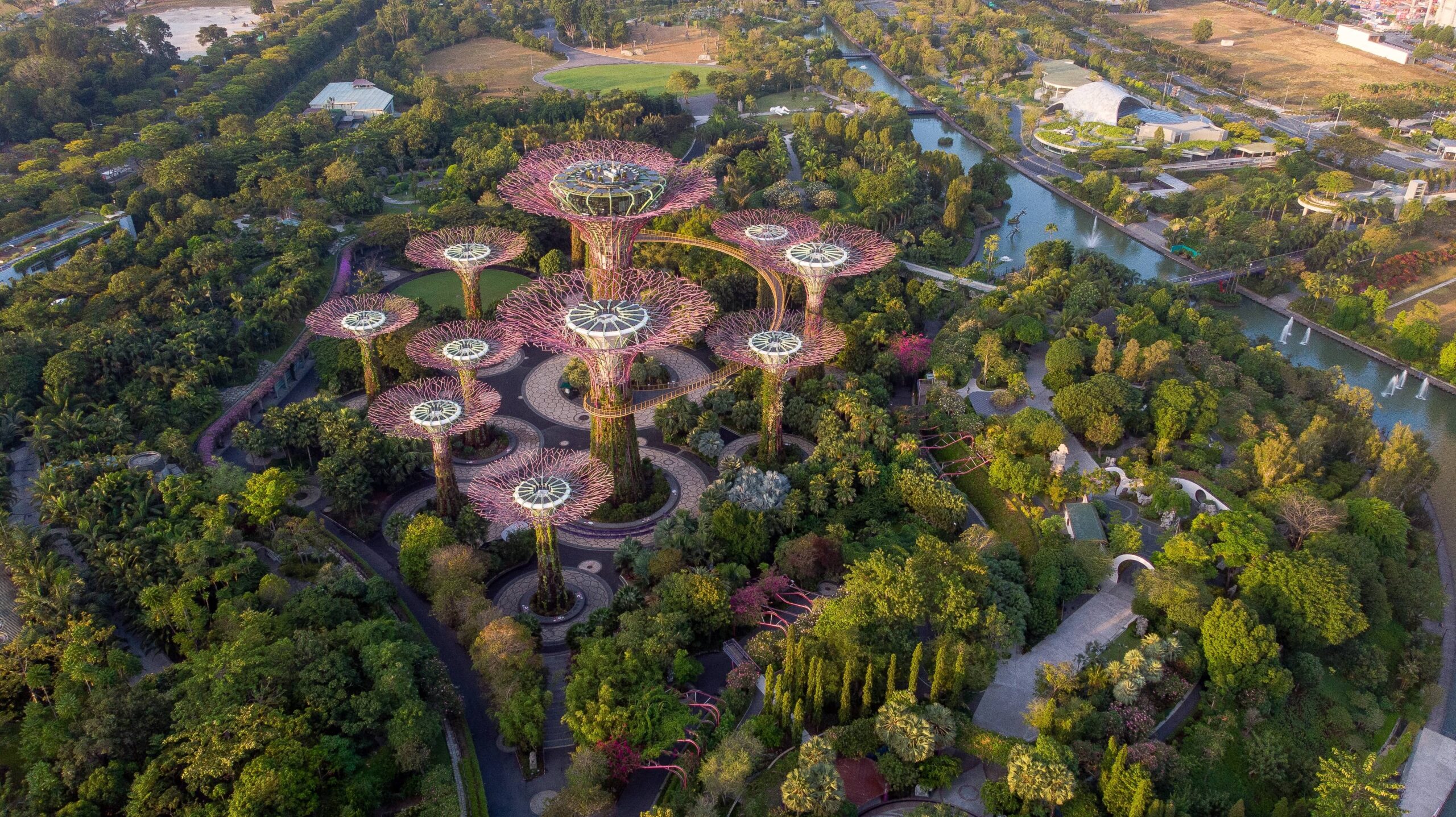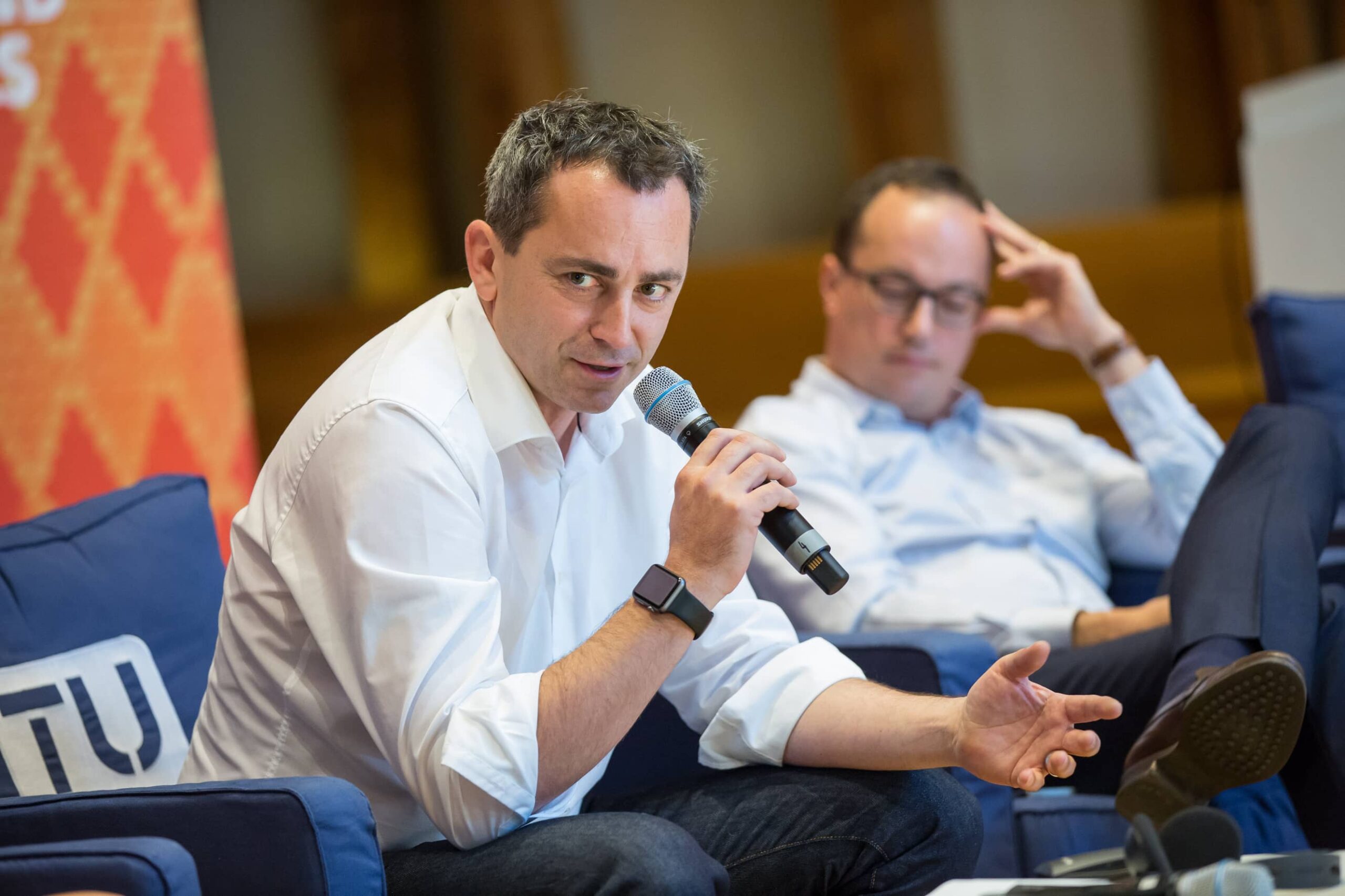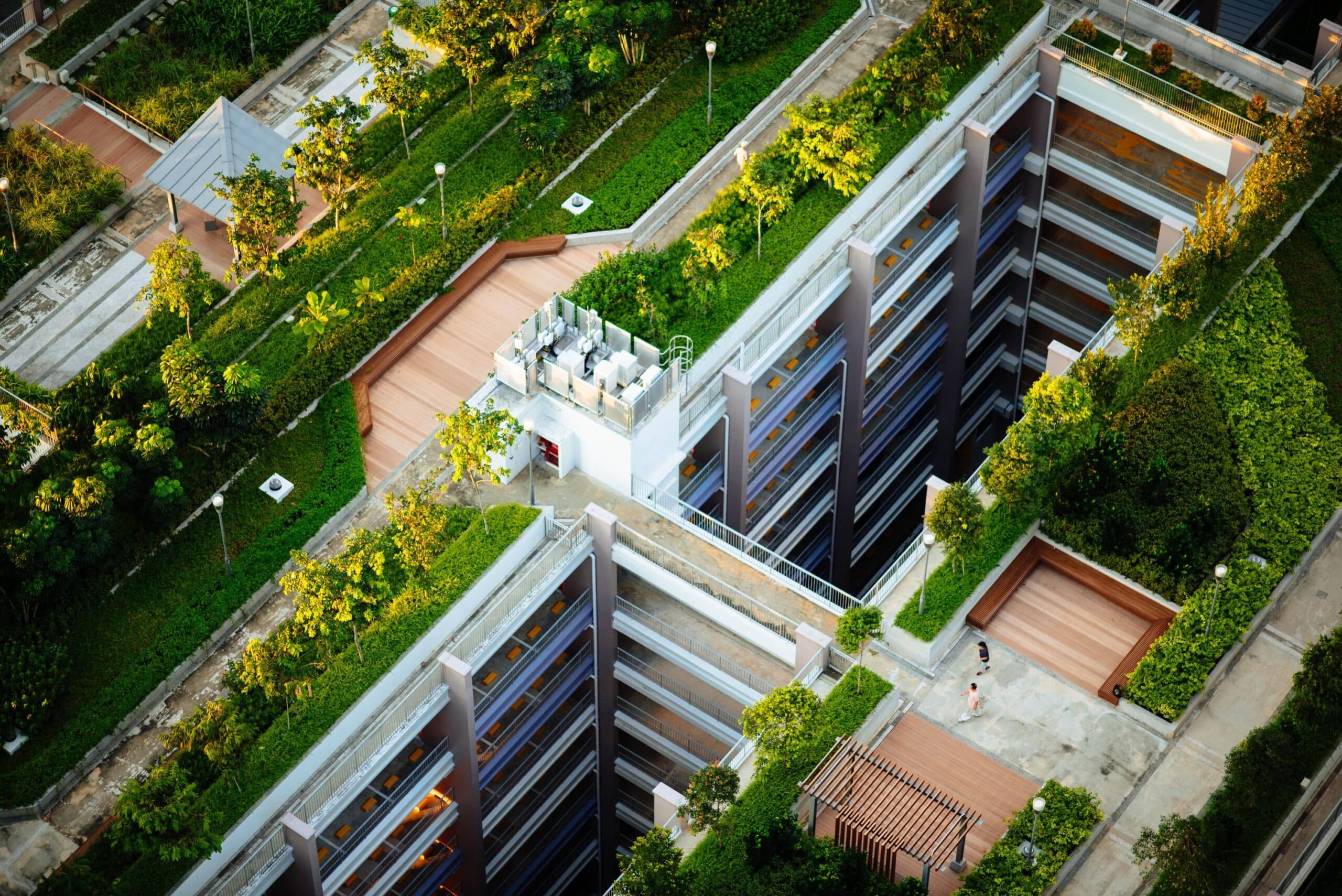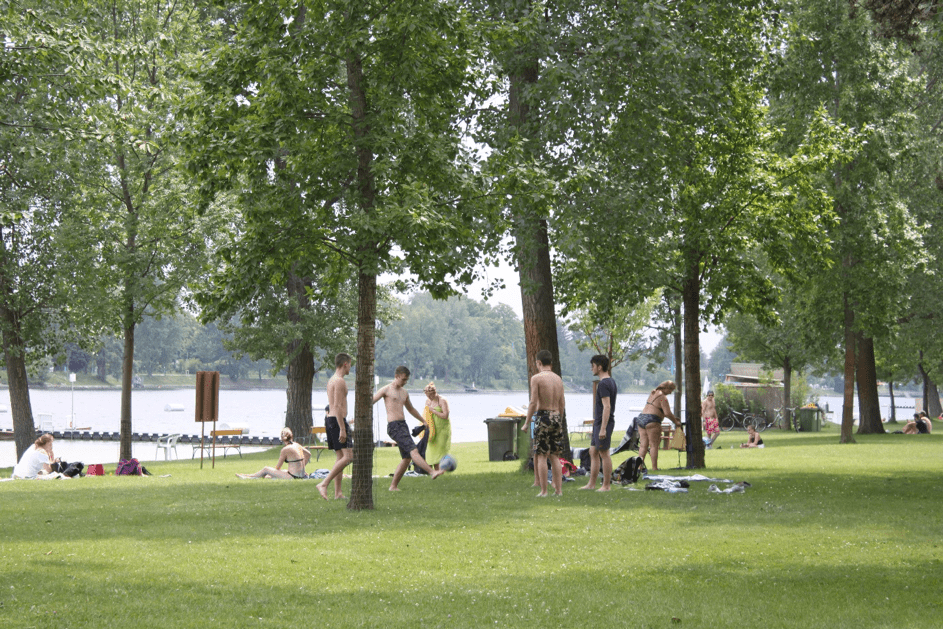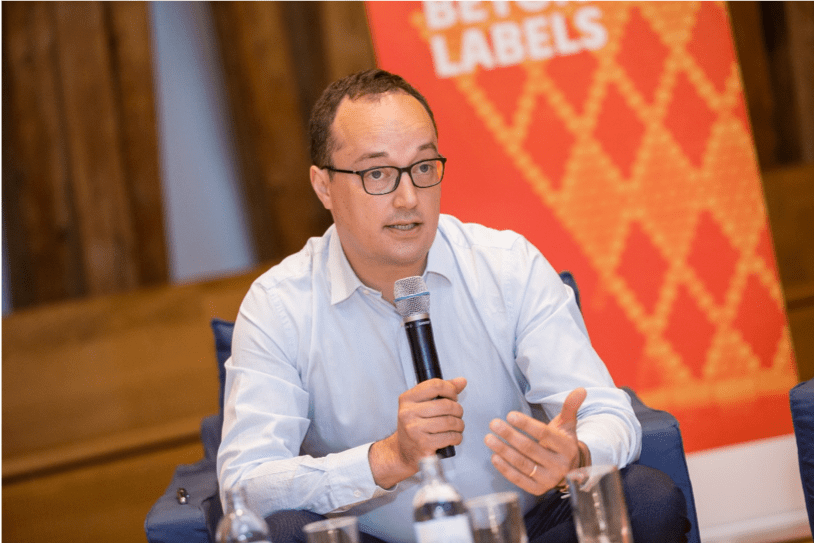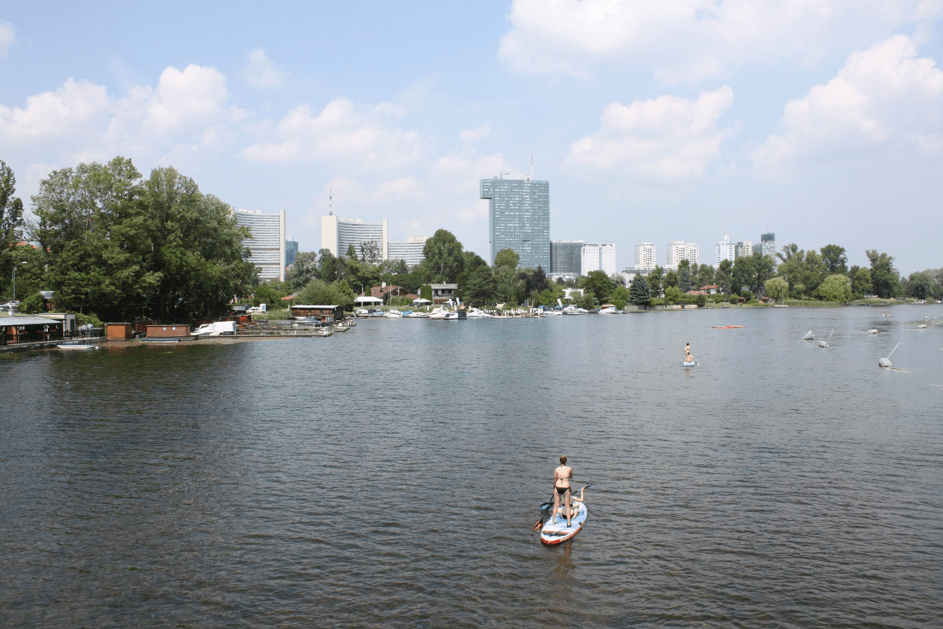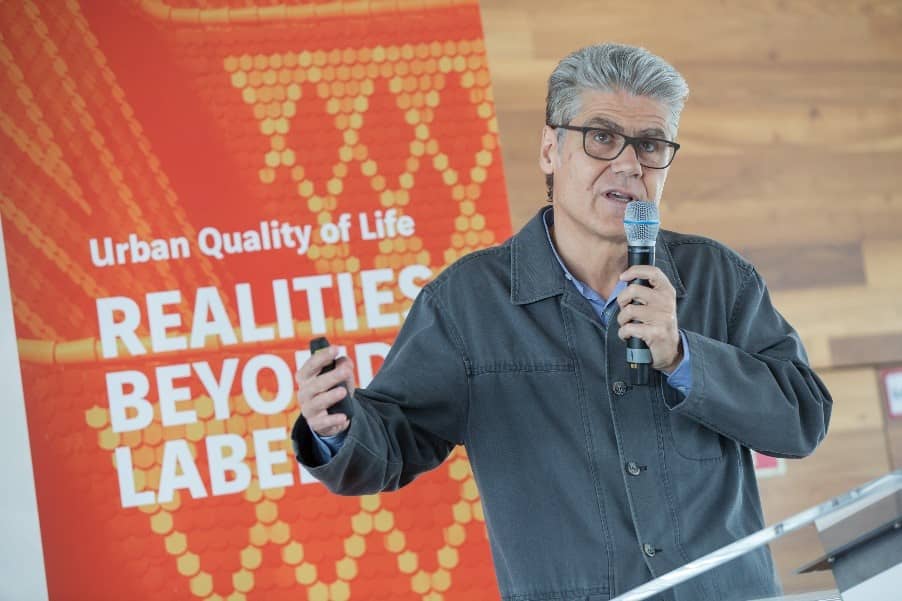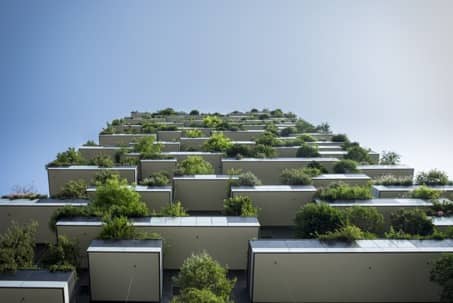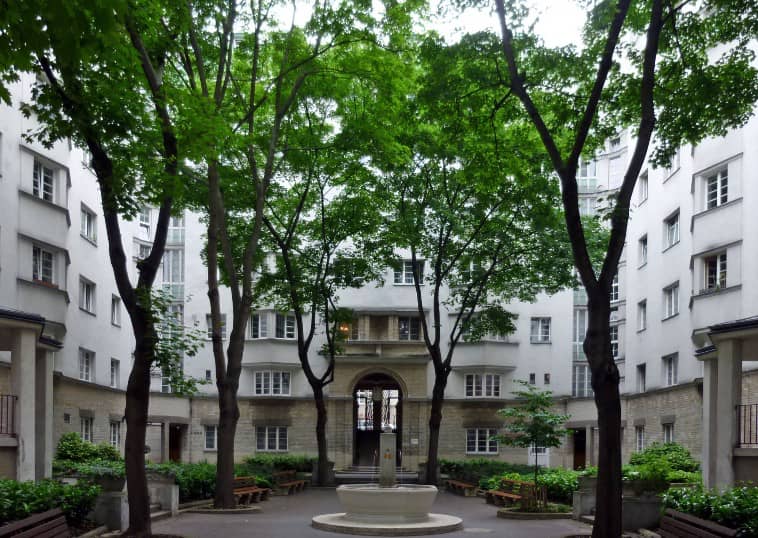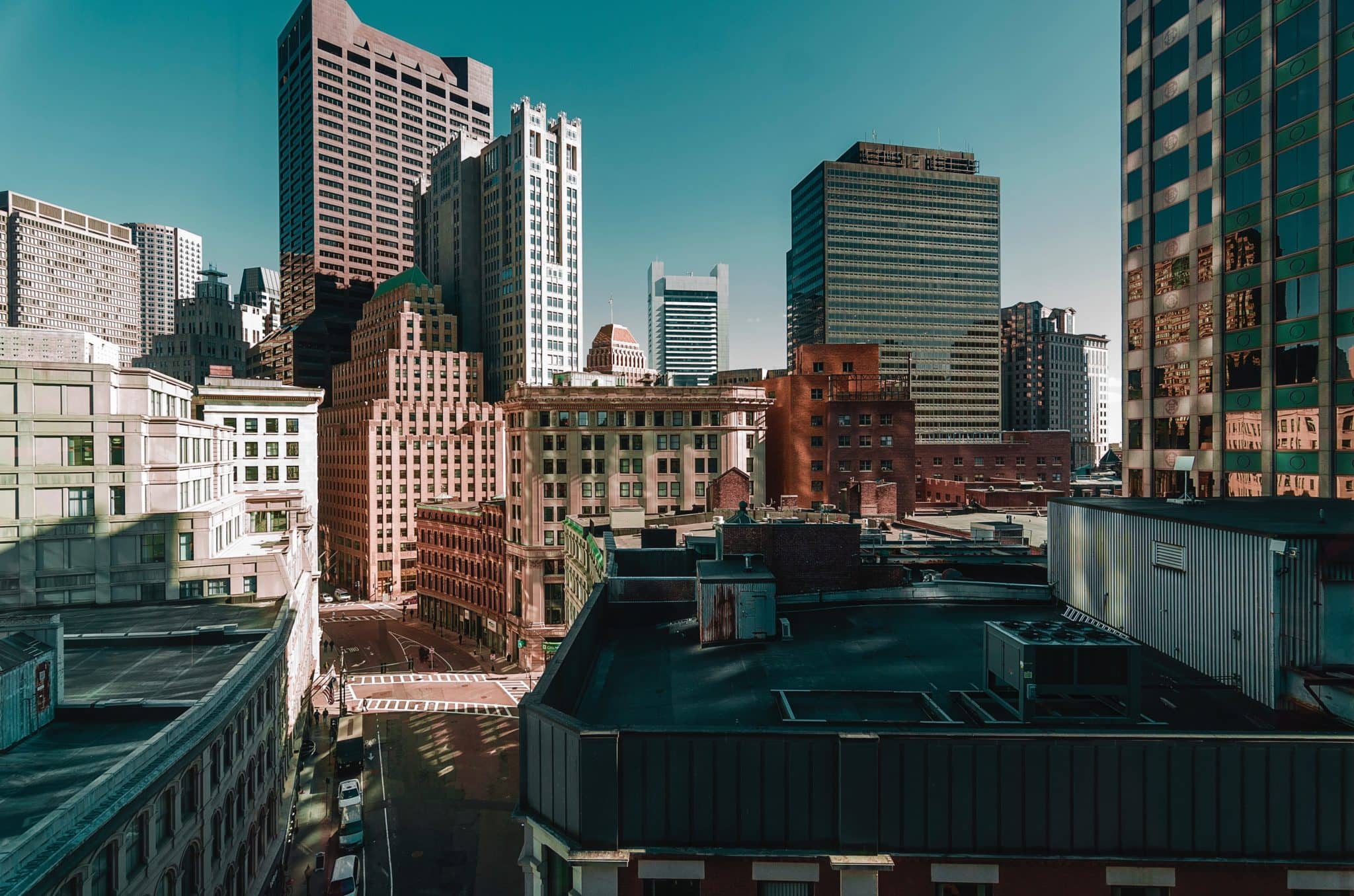

Urban quality of life : realities beyond labels
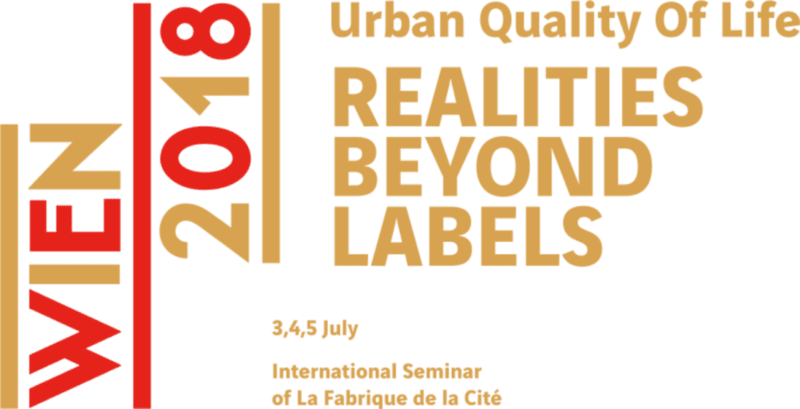
“Smart” city, “sustainable” city, “green” city: new certifications emerge every day and almost every city has embarked on a campaign to earn one of these labels. Among these, labels pertaining to quality of life have taken on a special degree of importance. In fact, within a context of heightened international competition among major cities, quality of life is fast becoming one of the most significant and attractive characteristics for cities.
The quest to obtain these labels initially grew out of an effort to attract and retain companies and their most creative and mobile officers, by offering an extra “bonus” consisting in a blend of amenities and local charm. Though the main purpose of these labels is to market cities and regions, they have recently begun to tackle a secondary yet more fundamental challenge: how can cities continue to guarantee a livable environment for all residents? Because at a time when cities are undergoing major transformations in terms of mobility, housing, transitioning to clean energies and crafting new ways of living together, luring highly-skilled workers into the city and ensuring a cohesive community life for all the city’s diverse residents are two challenges that involve the same approach.
In 2018, Vienna, the capital of Austria, topped the ranking of the world’s best cities for quality of life for the ninth consecutive year. Organizing La Fabrique de la Cité’s International Seminar in Vienna affords an opportunity to understand how policies focused on quality of life can shape an entire region and to observe their results on the ground. Vienna is indeed one of the most innovative and advanced cities in terms of quality of life, although it has never joined the race for “smart city” certification or any other label. Running counter to the typical tech-centric notions of the “smart city”, Vienna has stayed true to its long-standing identity by placing its people and their needs at the core of its concerns. It champions social inclusion and quality of life as the guiding principles of its urban development strategy, which has paved the way for new policy choices with regard to housing, mobility, energy and public space. Moreover, in light of the gap that can exist between the objectives pursued by policy and their subsequent application on the ground, Vienna has made a conscious choice to emphasize feedback and evaluation by making these processes a required step in building the “smart city”.
Understanding the reality behind the labels, analyzing the key components of quality of life and examining the metrics of quality of life measurements: it is with these three objectives in mind that La Fabrique de la Cité, during this latest edition of its international seminar, reviewed premier urban policies on the topics of mobility, housing, the ecological transition and public space.
Find this publication in the project:
These other publications may also be of interest to you:
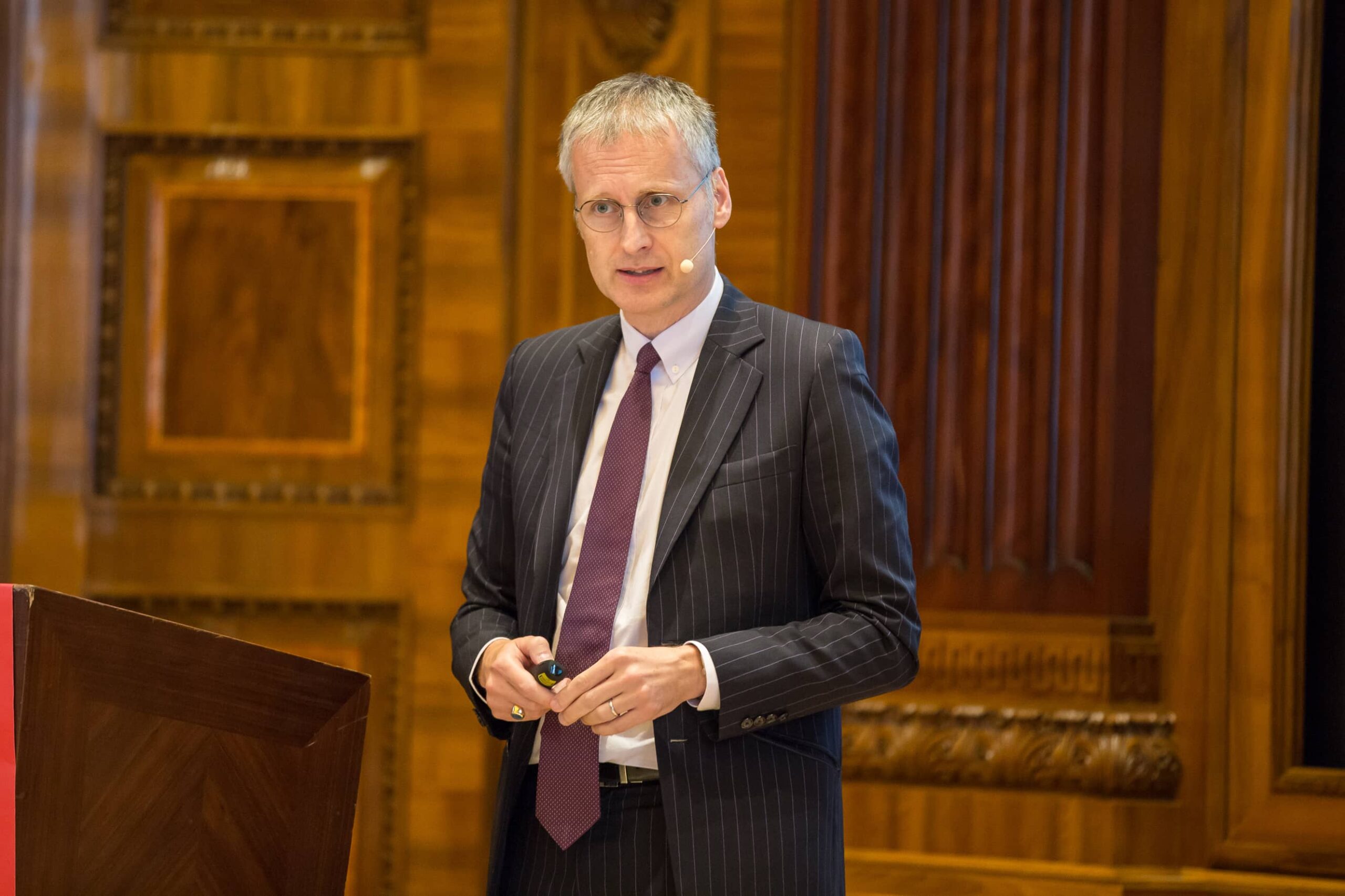
Viktor Mayer-Schönberger: what role does big data play in cities?
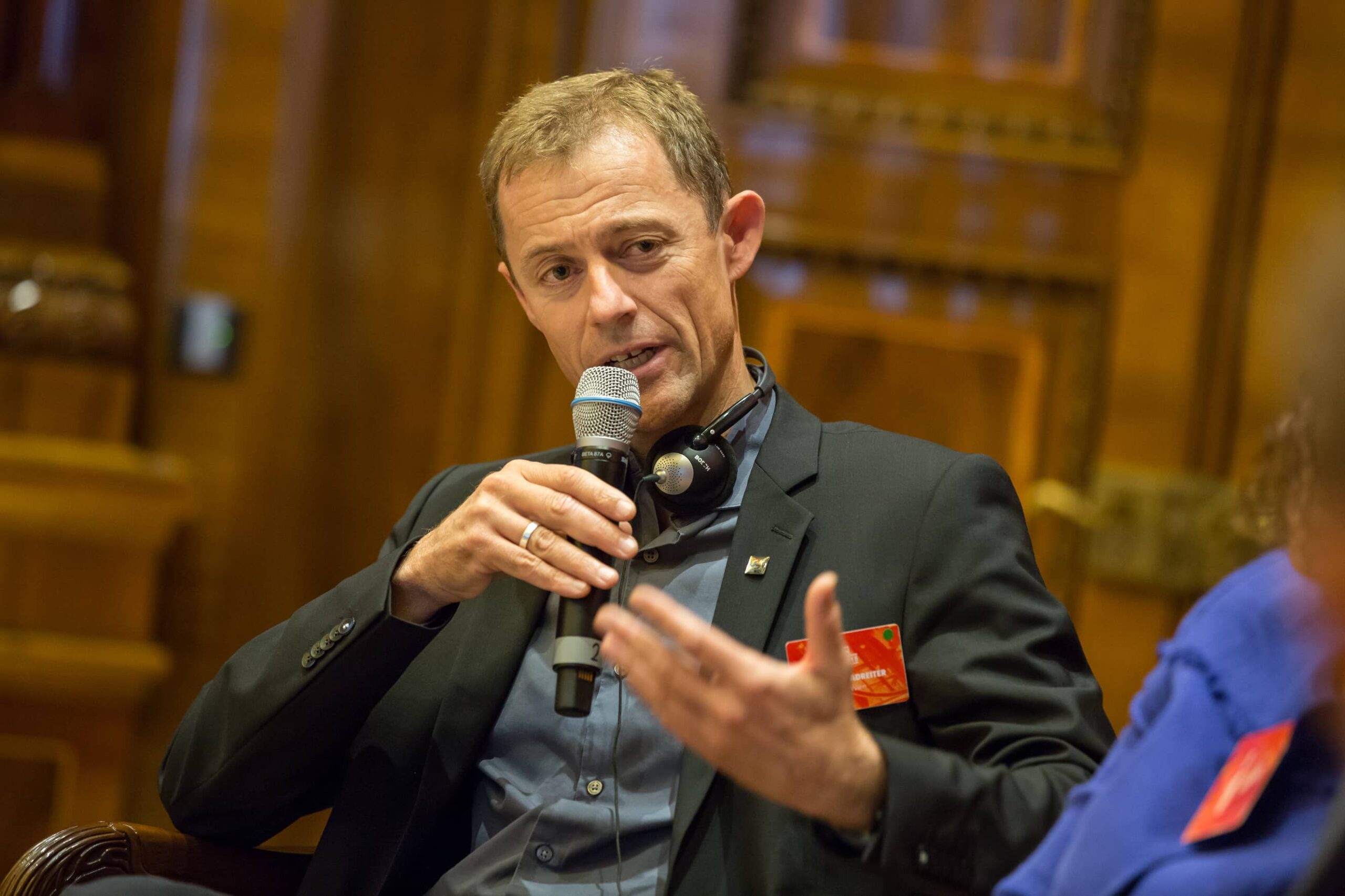
Thomas Madreiter: Vienna and the smart city
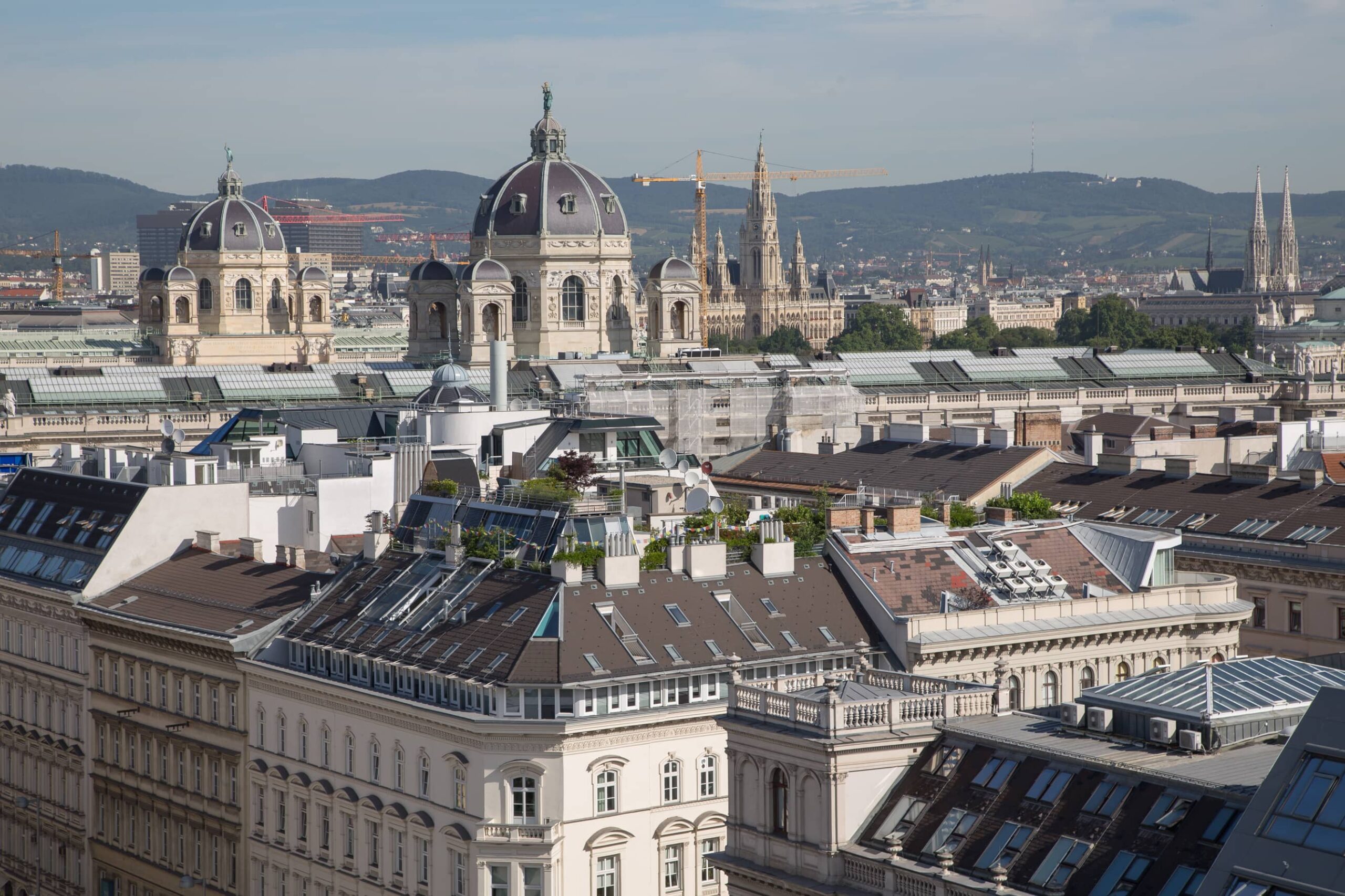
Vienna

Breathless Metropolises
La Fabrique de la Cité
La Fabrique de la Cité is a think tank dedicated to urban foresight, created by the VINCI group, its sponsor, in 2010. La Fabrique de la Cité acts as a forum where urban stakeholders, whether French or international, collaborate to bring forth new ways of building and rebuilding cities.














